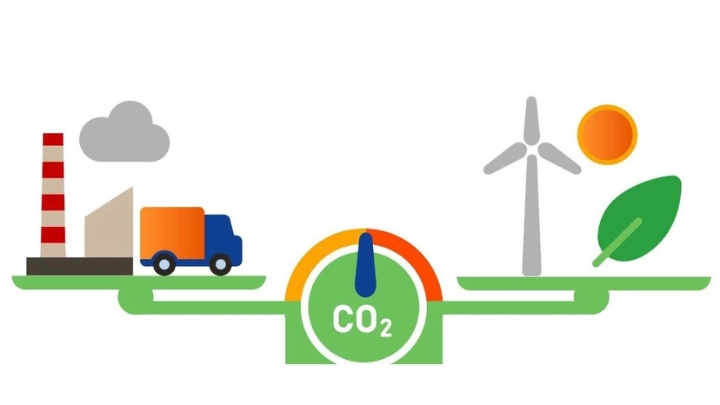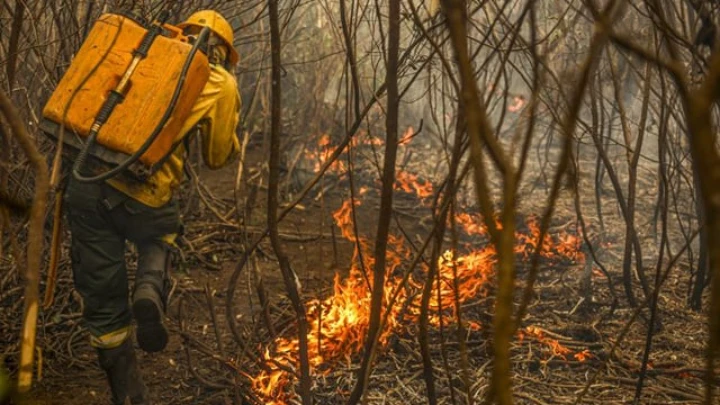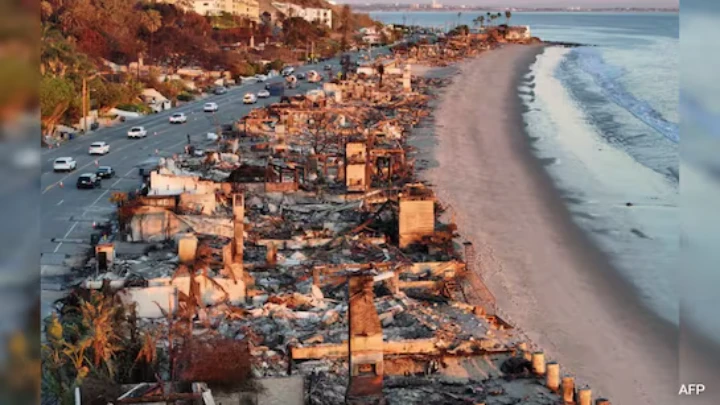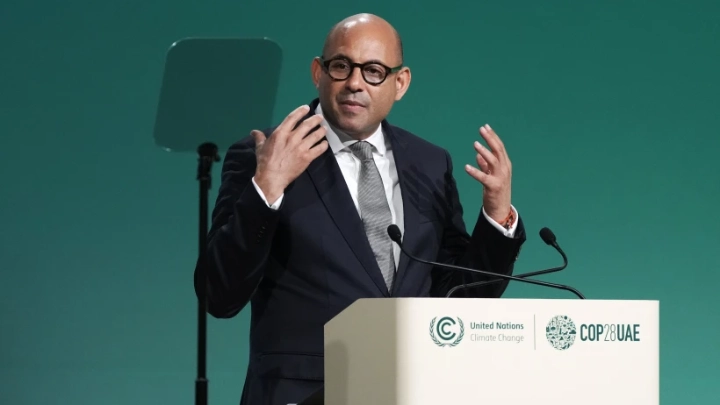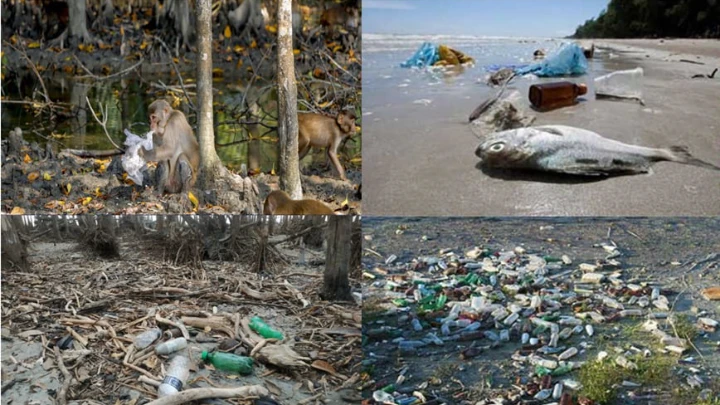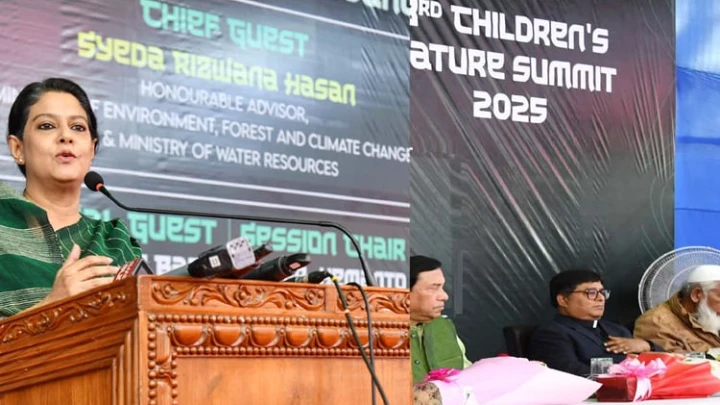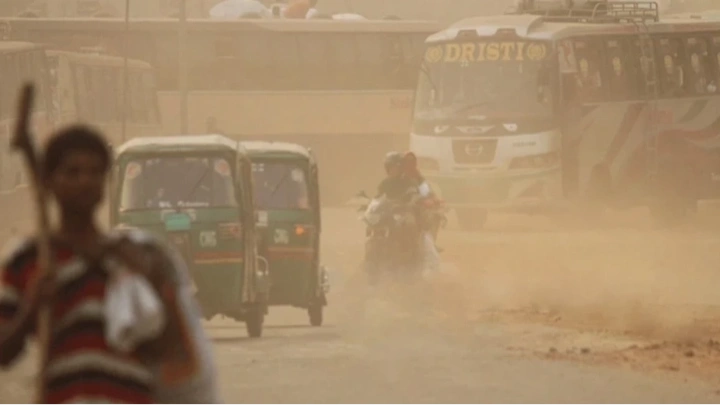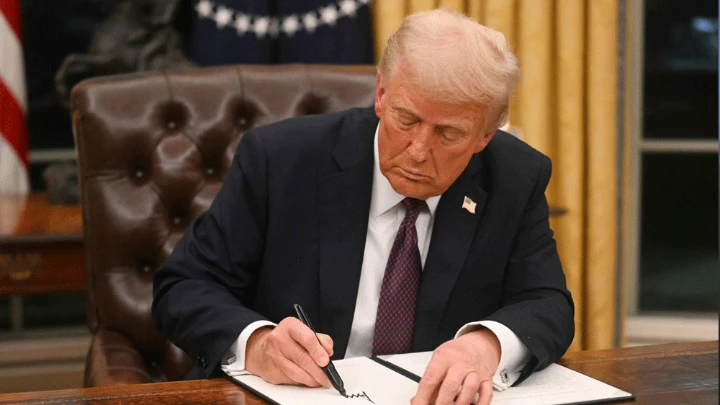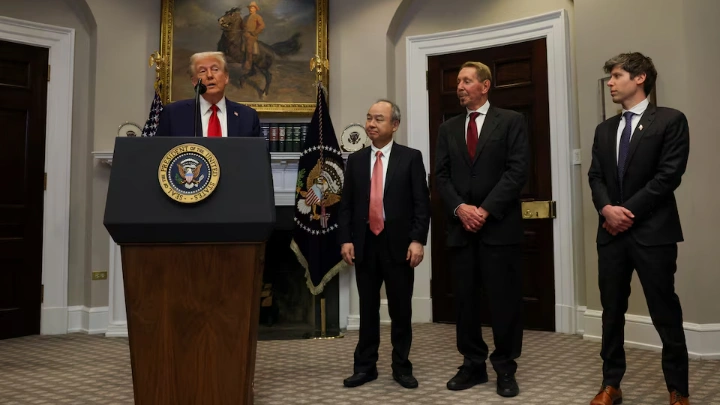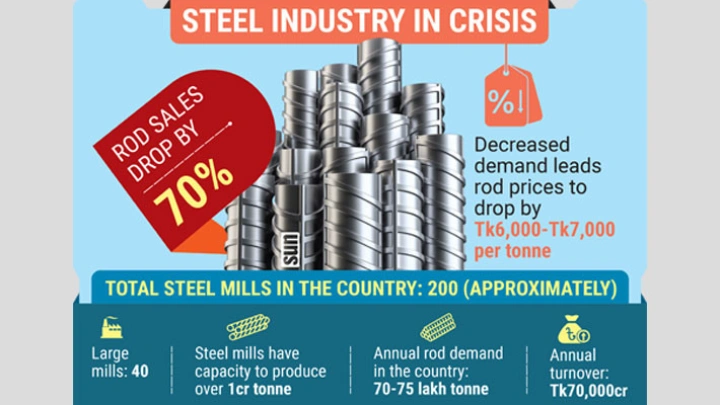Dhaka aims to become carbon-neutral by 2050
DailySun || Shining BD
The two city corporations of Dhaka on Sunday unveiled Dhaka’s first-ever climate action plan, setting a target to become carbon-neutral by 2050.
They set an ambitious target of reducing greenhouse gas emissions by 14.9% within 2030, 33.8% by 2040 and 70% by 2050.
The action plan was unveiled at a programme at the University of Dhaka with Environment, Forest and Climate Change Minister Saber Hossain Chowdhury in the chair.
Dhaka South City Corporation (DSCC) Mayor Sheikh Fazle Noor Taposh and Dhaka North City Corporation (DNCC) Mayor Atiqul Islam were also present.
The estimate of greenhouse gas emissions in 2021-22 for the DNCC was 7.65 million tonnes of carbon dioxide equivalent with an average per capita emission of 1.28 tonnes but the national level emissions were 1.17 tonnes of carbon dioxide equivalent in 2012.
The most GHG emitting sector under the DSCC is residential source emitting 35% while solid and wastewater cause 32% emissions.
The estimate of greenhouse gas emissions in 2021-22 for the DSCC was 5.66 million tonnes of carbon dioxide equivalent with an average per capita emission of 1.32 tonnes.
The most GHG emitting sector in DSCC is residential sources emitting 34% and solid and wastewater causing 32% emissions.
According to Bangladesh’s National Determined Contribution emissions, it has a target to reduce emissions by 89.47 MtCO2e by 2030 at the national level.
The plan set strategies for achieving the target through improving the municipal services. As per the action plan, the DNCC has a target of 100% collection and transportation of solid waste by 2050 and for this, it is introducing reuse, reduce and recycle system.
In his speech, Saber Hossain demanded Bangladesh be compensated for tackling climate change-induced losses of the largest emitters of the world.
He said, “Bangladesh contributes only 0.36% of GHG in the world but is the biggest victim of it. The industrialist and developed countries are emitting at a high rate but they are not compensating for the victims. If Bangladesh were in this position, they may have imposed sanctions on many fronts. As we are in a weak position to hold big players accountable, we have to move forward recognising our limitations.”
The minister said the government has planned a climate-resilient development fund worth Tk32,000 crore as the government views everything through the glass of climate change.
Speaking on the occasion, DSCC Mayor Taposh said they would set aside a special fund in the budget for implementing the action plan and sought more funds from the environment ministry.
He also announced the planting of 45,000 trees.
DNCC Mayor Atiqul Islam said, “Dhaka North City has been increasingly experiencing the brunt of climate change in recent years. Heavy and sudden rainfall are leading to flooding, waterlogging and drainage congestion, extreme heat events and increased risk of the spread of vector-borne diseases such as dengue have demonstrated the importance of implementing localised mitigation and resilience techniques. Dhaka North has always led the path of climate action in the region. Dhaka’s climate action plan which includes robust targets to improve city-wide heat resilience, healthcare, water supply and wastewater treatment is a reflection of the city’s ambition and dedication towards a low-carbon future and improving the quality of life of its citizens.”
C40 Cities Executive Director Mark Watts said, “I congratulate Dhaka North and Dhaka South on their commitment to responding to the climate crisis by addressing their biggest sources of emissions and their climate risks, through the launch of the climate action plans, in line with the science and keeping temperatures below 1.5°C.”
C40 Cities Managing Director, Regions, Shruti Narayan, Deputy Secretary General, ICLEI and Executive Director, ICLEI South Asia Emani Kumar, noted urban planner Prof Nazrul Islam and Dhaka University Vice-Chancellor Dr Maksud Kamal spoke on the occasion among others.
Shining BD

